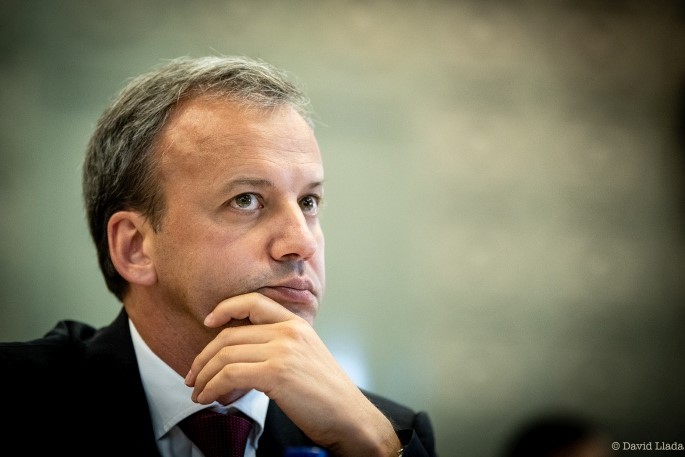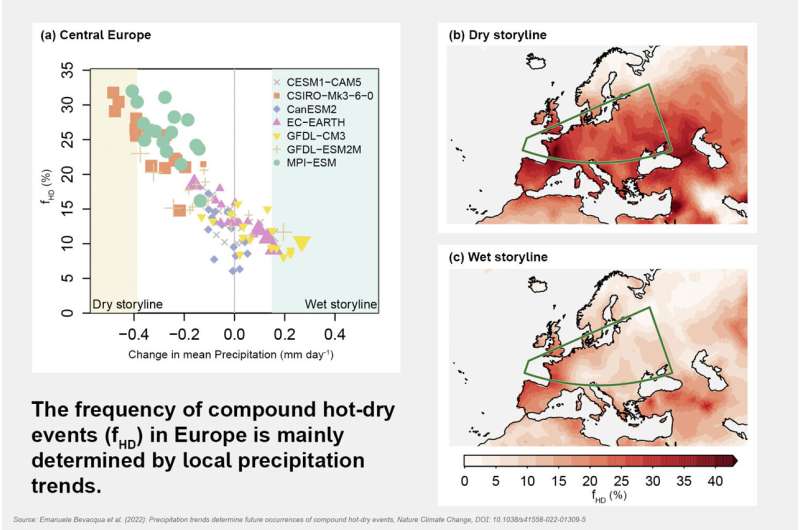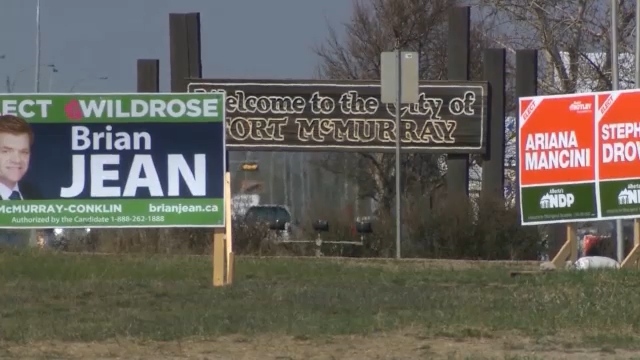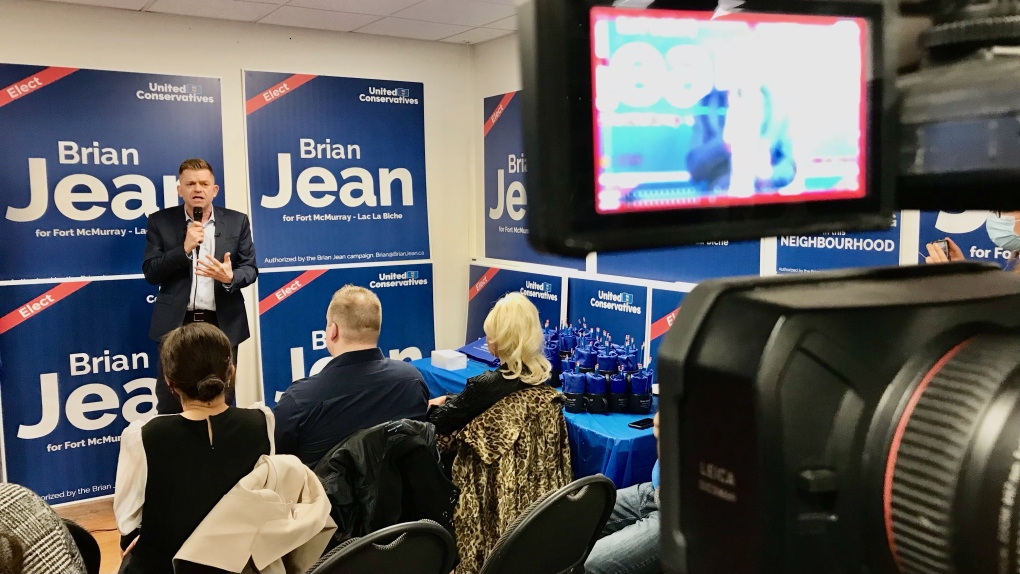By Michelle Toh and Lizzy Yee, CNN Business
Tue March 15, 2022
Hong Kong (CNN Business)Maria was just about to start a new job as a domestic worker in Hong Kong last month when she found out she had Covid-19.
She immediately told her employer, who urged her to get to a hospital. But once she was there, she said she was turned away, with staffers explaining there was no room. They advised her to go home and quarantine.
The problem? Her place of work was her home and "my employer didn't want me to come back," said Maria, noting that they had "kids in the house."
"I said, 'I don't know where I can go. We don't have a place,'" she told CNN Business, breaking into tears. She asked not to publish her real name, for fear of reprisals from current or future employers, and to not worry her family abroad. CNN Business agreed to call her "Maria."
Foreign domestic workers are required to live with their employers in Hong Kong, under a longstanding government mandate that has been contested for years.
Maria, who is from the Philippines, returned to the hospital, where she spent the night sleeping on a chair in the emergency room, along with a friend in a similar situation. But the next day, they were told by a nurse more expressly to "go away," she said.
Not knowing what else to do, they set up camp on the street.
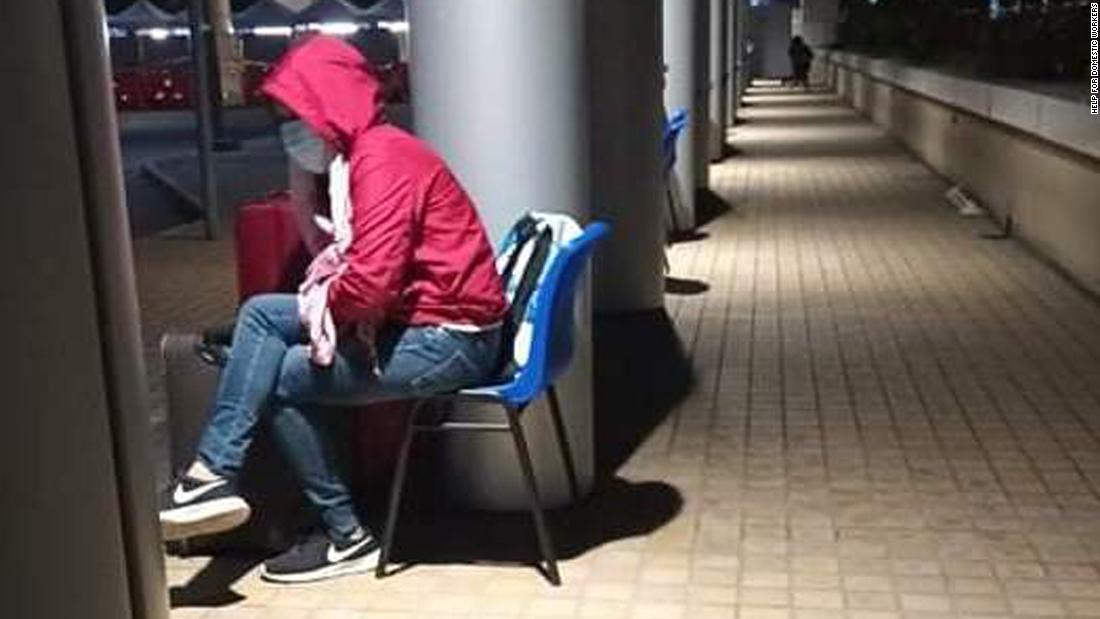
In recent weeks, dozens of domestic workers have been cast out on the streets in Hong Kong after testing positive for Covid-19. One worker, not pictured here, said she was not allowed home with her employer over fears of contagion.
"We cannot express what [we] feel [at] that time — just crying only," said Maria.
Maria and her friend eventually found a shelter to stay in, run by the charity HELP for Domestic Workers.
Maria is one of dozens of migrant domestic workers who have been abandoned — and temporarily made homeless — in Hong Kong after testing positive for the coronavirus, according to the charity. Her story, and others like it, shine a light on deep-seated inequalities in the city that are worsening under a devastating fifth wave of Covid-19.

Pets travel in style as their owners race to get them out of Hong Kong 03:20
To be sure, workers across the spectrum are struggling in Hong Kong, given its rigid pandemic measures.
But as top companies give their employees more flexibility and even help pay for expensive hotel quarantines, local businesses are teetering on the brink of collapse. And while some expatriates can command higher salaries for simply agreeing to move to the city, the city's poorest are struggling just to afford food or basic necessities.
Heading for the exits
The widening gap comes at a time when Hong Kong is facing an exodus of expats, despite the additional benefits on offer, which continues to raise questions about its future as a global business hub.
Many foreigners have had enough of the city's unwavering commitment to its "zero Covid" policy, even as cases surge to record highs and cause more fatalities, overloading the health care system and delivering a huge punch to the economy.
Throughout 2020 and 2021, more residents left Hong Kong than came in, according to official population statistics. That marked a reversal from early 2019, when the population was going up.
Last month alone, more than 94,000 people departed the city, while only about 23,000 came in, immigration data showed.
"The recent wave of emigration is leading to a shortage of skilled workers and impacting businesses of all sizes," the Hong Kong General Chamber of Commerce said in a statement earlier this month.
The group's chairman, Peter Wong, said the city was "facing an exodus of educated workers on a scale not seen since the early 1990s."
"This will have a material knock-on impact on the economy," he added. "There is real cause for concern if we cannot stem the current brain drain."
The city has been largely sealed off from the rest of the world for the last two years, in part because most inbound travelers must quarantine in hotel rooms at their own expense for two weeks. Previously, the requirement was for three weeks.
The issue has increasingly forced companies to rethink where their employees should be based, if only for now.
Last month, Mandarin Oriental (MAORF) CEO James Riley told the Financial Times that the former British colony had become a "very, very poor" base due to the restrictions.
According to the newspaper, the hotel group recently advocated for senior executives to temporarily live abroad, away from its Hong Kong headquarters. Mandarin Oriental declined to comment to CNN Business.
Last year, Cathay Pacific (CPCAY) said that it would consider letting some of its pilots live abroad for a few months as aircrew continued to face arduous self-isolation measures. The carrier later said that its workers spent more than 73,000 nights in government-mandated quarantine in 2021.
French spirits maker Pernod Ricard (PDRDF) has also asked top executives from its Hong Kong office to work abroad for some time, according to unidentified sources who spoke with the FT. The company did not respond to repeated requests for comment.
Meanwhile, other players have moved away entirely.
In November, FedEx (FDX) said it would shut down its crew base in Hong Kong and relocate pilots, citing the city's "pandemic requirements."
From the start of the pandemic through the end of last year, at least 84 companies have either closed or moved their regional headquarters out of Hong Kong, according to CNN Business calculations based on government data.
Asked about the figure, a government spokesperson responded that "Hong Kong remains a competitive city globally and a major regional base for international companies."
The representative also pointed to emerging opportunities in the Greater Bay Area, a zone connecting Hong Kong, the southern Chinese province of Guangdong and the city of Macao as "a market of 86 million people." Many banks have honed in on the area as a key priority in the coming years.
The government, which includes mainland Chinese companies in its annual tally of international businesses in Hong Kong, said that the number had recently "risen to a record high of 9,049."
But the exodus amongst Western players may not slow down this year.
BASF (BASFY), a German chemicals giant, recently relocated its chief for Asia Pacific, excluding Greater China, to Singapore "after careful consideration of her office's strategic location in the region," according to the company.
The decision was based on "the requirement for proximity to relevant stakeholders and markets," it told CNN Business in a statement.
Others may be biding their time. Hong Kong recently brought forward the end of the school year for some institutions to March or April, giving families more time to reevaluate their options before the new term begins in September.
"I suspect there's a lot of international bankers who may be waiting till then before they decide whether they've had their fill of Hong Kong," said a person working in the finance industry, who spoke on condition of anonymity due to the sensitivity of the matter.
Free flights and country clubs
This exodus means that top companies in the city are working extra hard to attract — and retain — skilled workers.
Two senior headhunters in Hong Kong said that job candidates were increasingly pricing in the inconvenience of living in the city — if they were even persuaded to do so.
"Most of them are just kind of immediately saying no," said John Mullally, regional director of Southern China and Hong Kong financial services at recruitment agency Robert Walters.
"You've got a smaller candidate pool, especially when it comes to those with overseas experience."
Mark Tibbatts, managing director of Southern China and Taiwan for the agency Michael Page, described it as "an ongoing battle" that had made it "nigh on impossible" to lure international talent.
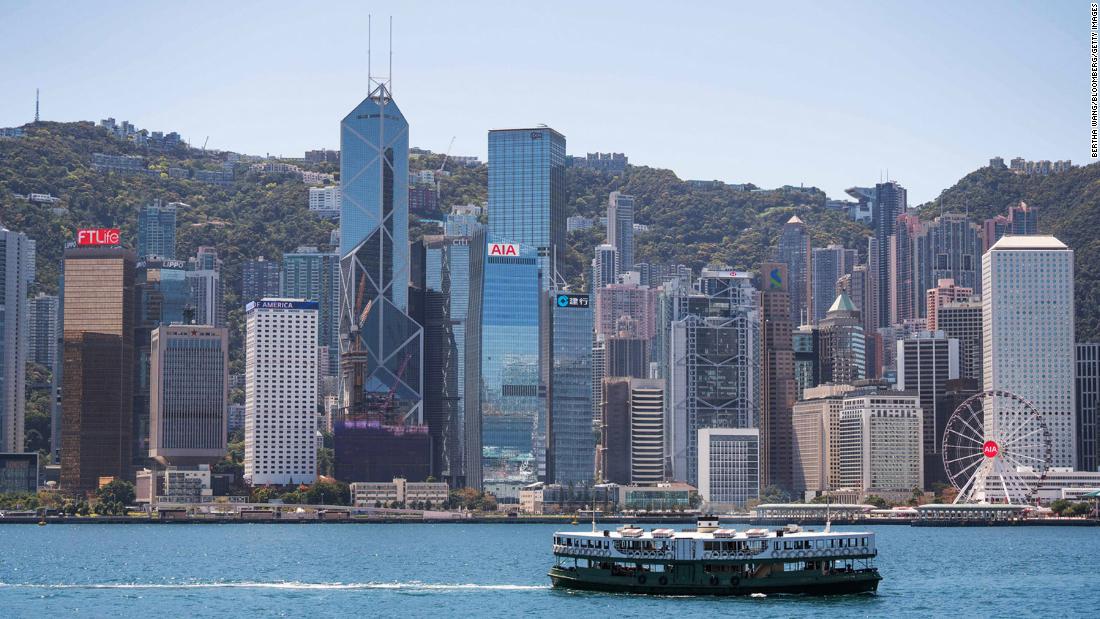
A view of Hong Kong's skyline, captured on Wednesday.
The circumstances have revived the so-called "expat package," which had mostly been scrapped in recent years, according to both recruiters.
"Let's go back a couple of decades. Most of the senior expats in Hong Kong were on a pretty juicy package that might have included flights home, and education, and club memberships and all these types of things," said Tibbatts. "Over the last, let's say, 10, 15 years, most of that's been phased out."
Now, some of those deals are "coming back," he added.
Mullally also described a rising view that Hong Kong was becoming "a bit of a hardship posting" for expats, a term that typically refers to a place with hostile living conditions.
That perception was more common from the 1970s to early 1990s, and back then justified more perks for businesspeople, he said.
Now, companies are "going to have to try to bring that back because ... realistically, if you want to attract people, that's kind of the package you'll have to put together."
Nowhere to go
As international executives jump ship, blue-collar workers and the city's poorest are being left behind to face the darkening economic outlook.
Despite a growing shortage of domestic workers in Hong Kong, "it is not easy to say whether [the pandemic] has as a whole positively or negatively impacted them," said Manisha Wijesinghe, executive director of HELP for Domestic Workers.
"We definitely have seen a number of domestic workers who are being offered higher than statutorily mandated wages due to the shortage of incoming domestic workers," she said.
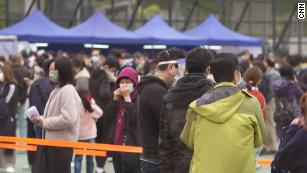
Hear how restrictions in Hong Kong are affecting their citizens 02:51
"But we have also seen domestic workers being forced to take on salaries lower than the minimum allowable wage ... there is a power imbalance."
From January 2020 to the end of 2021, the city's number of domestic workers dropped from more than 400,000 to roughly 340,000, according to government statistics.
In a recent blog post, Hong Kong Labor Secretary Law Chi-kwong pointed to flight bans from certain countries as a possible reason for the slump, saying that some workers had likely been stranded abroad.
When asked about the plight of domestic workers, authorities told CNN Business that foreign workers who test positive for Covid-19 "will receive support and medical treatment like local people in Hong Kong." And, if unemployed, they will be admitted to community isolation facilities, they said.
A government spokesperson also said that it "has continuously reminded employers of their statutory obligations and requirements" during the pandemic, and "any breach of such requirements will render them ineligible to employ [a domestic worker] for a period of time."
'Zero income'
While big international firms may have the privilege to up and move, most local businesses have no choice but to hunker down.
As many as 50,000 small businesses could shut down over the city's fifth wave of Covid, estimates Danny Lau, chairman of the Hong Kong Small and Medium Enterprises Association.
That's about one in seven such registered entities across the city — and there could be more, he said.
Despite soaring infections, Hong Kong officials have been holding onto the "zero Covid" strategy in recent weeks, introducing social distancing restrictions that have stifled local activity.
Hong Kong is facing an exodus of educated workers on a scale not seen since the early 1990s.PETER WONG, CHAIRMAN OF THE HONG KONG GENERAL CHAMBER OF COMMERCE
Many places, such as beauty parlors and fitness studios, have been forced to stop operating for months until the current measures end.
"They don't have any income. Zero income," Lau said of those business owners. He added that some had resorted to operating secretly just to keep making a living.
Like elsewhere, small businesses had already been hit hard earlier in the pandemic, especially by the lack of tourists.
These firms were "almost half dead," said Lau, noting that some entrepreneurs had already taken out significant loans or dug into their reserves just to stay afloat.
"The worst thing is you cannot see the future," he added. "We don't know how long these restrictions will last for."
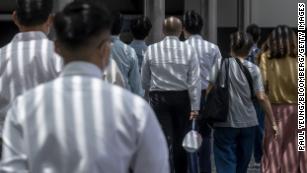
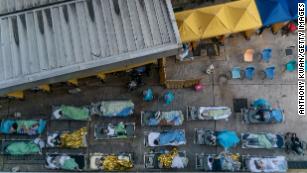
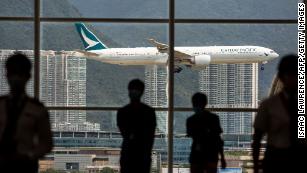
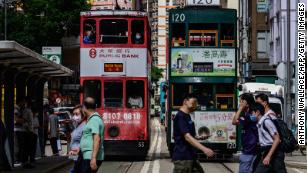

/https://www.thestar.com/content/dam/thestar/news/gta/2022/03/14/toronto-lawyer-jeremy-diamond-deserves-more-than-a-reprimand-tribunal-rules/diamond_sitting.jpg)
